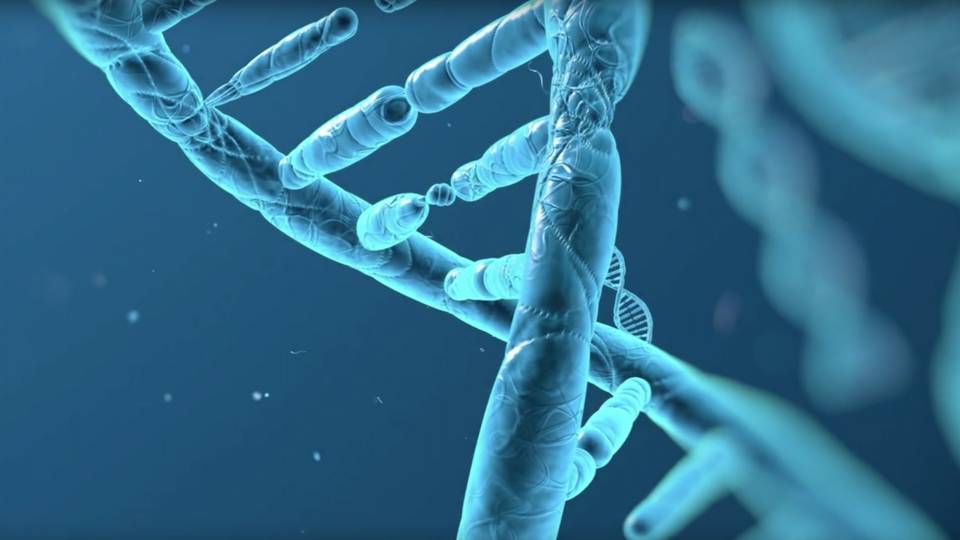Editing Human Genome to Prevent Diseases Could Result in Less Geniuses
New technology which allows medics to ensure children do not inherit diseases could also mean the likes of Thomas Edison, who invented the lightbulb, might never be seen again, according to Dr Jim Kozubek.
His claim comes as the US and China prepare to stage mass trials to edit the genes of cancer patients to ensure it is not passed down in their DNA.
However, Dr Kozubek, author of Modern Prometheus: Editing the Human Genome with Crispr-Cas9, said the breakthrough is not necessarily a good thing and could see future generations of geniuses wiped out.
Dr Kozubek said a world without depression, autism, schizophrenia or Asperger’s might also mean one without the likes of playwright Tennessee Williams, as figures show that writers are ten times more like to suffer from bipolar than the general population and poets are 40 times more likely to be diagnosed with it.
Dr Kozubek said: “Thomas Edison was ‘addled’ and kicked out of school. Tennessee Williams, as a teenager on the boulevards of Paris felt afraid of ‘the process of thought’ and came within ‘a hairsbreadth of going quite mad’.
“Scientists tend to think of variations in life as problems to be solved, deviations and abnormalities outside of a normal curve.
“In reality, Darwin showed us that evolution does not progress toward an ideal concept or model, but rather is a work of tinkering toward adaptation in local niches.”
The expert added that autism should be thought of as a "gift" which has been passed on through human genes over millions of years.
His comments come after a man in China became the first to be injected with modified immune cells which had been engineered to fight his lung cancer using a technique called Crispr last month.
Dr Kozubek said: “Before we begin modifying our genes with gene editing tools such as Crispr-Cas9, we’d be smart to recall that genetic variants that contribute to psychiatric conditions may even be beneficial depending on the environment or genetic background."
British scientists are also expecting to begin trials using the same technique in the UK.
Last year Great Ormond Street Hospital partnered with University College London to use a similar gene editing technique to help a 17-month-old girl with leukaemia.
Specialists had to apply for emergency permission from health regulators and the hospital’s ethics committee as the procedure had only ever previously been carried out on mice.






















